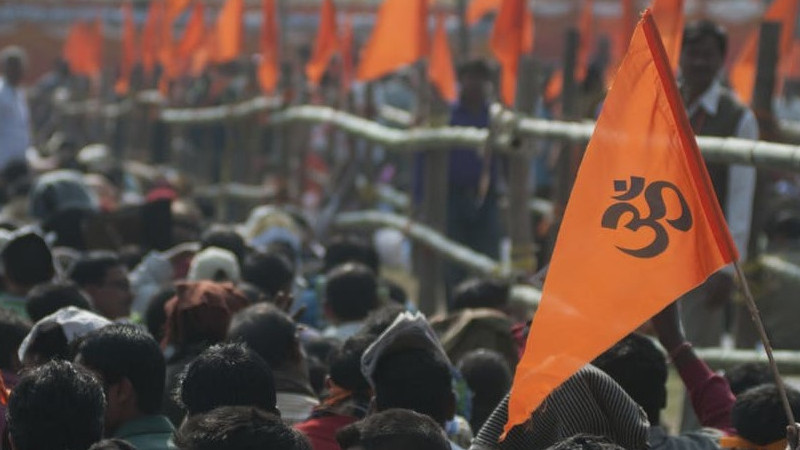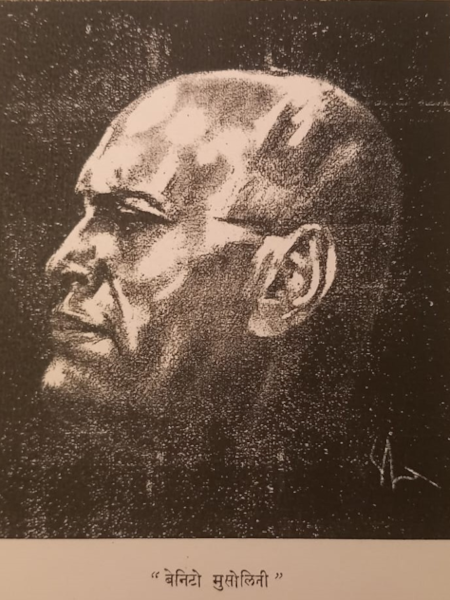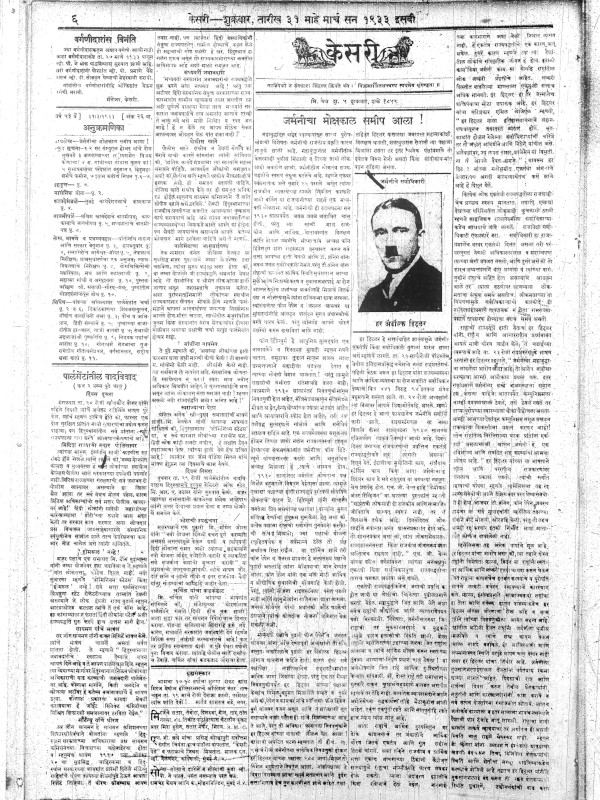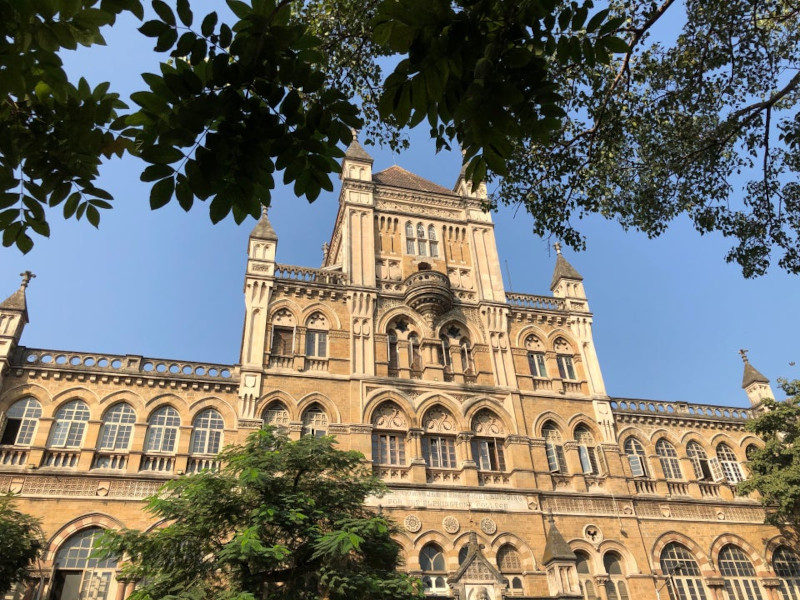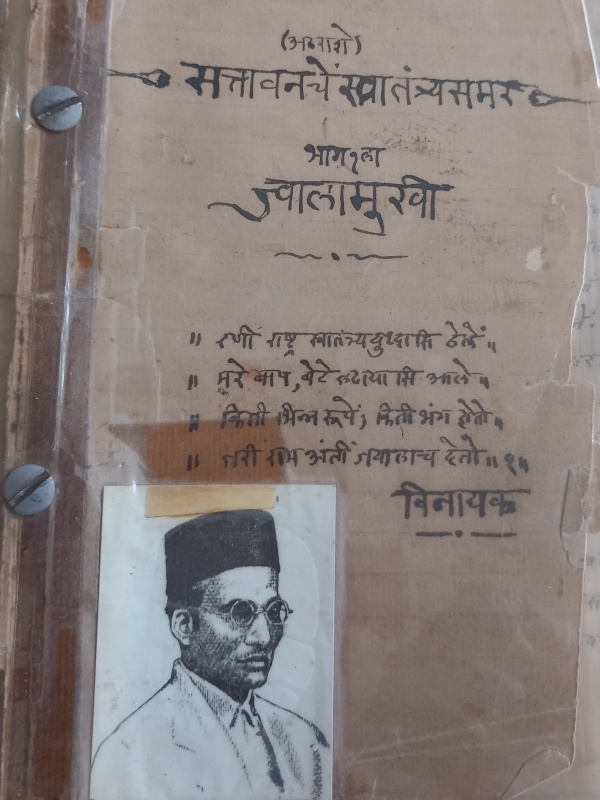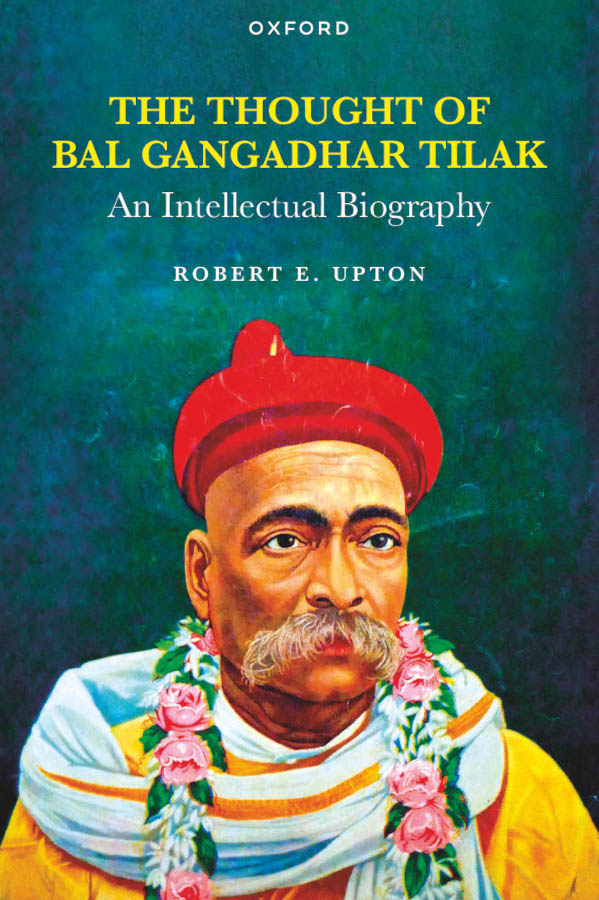GLOB-POP-NAT
Populist nationalism in ‘global’ western India, 1920-1939
About
Glop-Pop-Nat offers a new study of the transnational connections between emerging Hindu nationalism (Hindutva) and contemporary European fascism in the 1920s-30s, enabling through its globalising and comparative perspective on their relationship improvements to our understanding of both.
Moreover, by employing the still underused framework of comprehending Hindutva as a form of populist nationalism, it opens up a complementary, and crucial set of themes: of populist nationalism, so urgently and frenetically analysed in today’s world, in diachronic and also global contexts; of contemporary populist phenomena set in the light of twentieth-century historical experience.
The project, through its examination of these historical comparisons and connections, also therefore assists in the theoretical delineation of the relationship between populist nationalism and fascism, as well other radical nationalist formulations.
This project is set apart from other attempts to study Hindutva in relation to fascism by its unprecedented vernacular and historically focused interdisciplinary study of Hindutva’s birthplace, the western-Indian region of Maharashtra, whose political culture was formative on the ideology. The region’s culture is key to understanding the thought and action of those ideologues sprung from it in the 1920s and 30s, as is the peculiar pattern of its imbibing, in these crucial interwar years, of the cosmopolitan ideas and trends relating to political organisation, ethnicity’s relationship to state and nation, paramilitarism, and criticism of the liberal state – features so much at issue in the question.
Research
The project focuses on the development of Hindu nationalism in the interwar years in Maharashtra specifically, taking a vernacular approach to its political culture, and indeed, an interdisciplinary approach to its vernacular, assessing the political import of various facets of its vernacular culture, including Marathi cinema. The key research questions relate to the shifts in nationalist thought and expression in Maharashtra in these years, how they exhibit differences from those of the regional culture previously; why they do so, and the importance of the global and transnational influence of fascist movements in Europe upon this; and how far and in what ways the Hindu nationalism of the interwar years may be seen as a ‘populist’ nationalism.
The specificities of Maharashtra’s regional culture as they had emerged by the interwar years – its especially intense ‘martial’ masculinity and associated imagined historical traditions, and the unique pattern of its social and specifically caste relationships – are foregrounded in the research, setting aside the region as a forcing house for the ideological developments of interwar Hindutva, and giving it a particular set of responses to transnational influences.
Outgoing research for the project was conducted at the Netaji Institute for Asian Studies in Kolkata, India, under the direction of the eminent historian of modern Indian politics, Prof Suranjan Das. In Kolkata, the Department of Film Studies of Jadavpur University – India’s premier higher education department dedicated to cinema – was a boon to the project, as was the expertise on history and politics of its other faculty. The Netaji Institute itself, housed in the family home of great Bengali nationalist, Subhas Chandra Bose, provided similar stimulation with its research community on modern politics. The bulk of the project archive, though, was in Maharashtra – where, despite political sensitivities preventing the project being hosted there, research was conducted in Mumbai during the first phase of research at the Maharashtra State Archives (pictured), the Mumbai Marathi Grantha Sangrahalaya, and Swatantryaveer Savarkar Rashtriya Smarak, the latter two both in the historic Marathi district of Dadar; and further interdisciplinary research and consultation with expert academics undertaken at the University of Mumbai and the J. J. School of Art.
The material gathered, and from which research outputs are being composed, includes period books and pamphlets, newspapers in Marathi and English, and government records relating to political dissidents and the censorship of Marathi cinema, in particular. As the project has developed, the early 1920s, the period of Savarkar’s first finessing of his ethnic Hindutva nationalism, has emerged as a particular area of focus.
Also a focus of research are the relationships of interwar Hindutva with the ‘extremist’ nationalist mobilisations of the previous generation in Maharashtra, and how far they share a sense of populism, pitting the integrity of the culture against colonial-adjacent elites in the earlier case, and an ‘alien’ liberal politics of pluralism on the other.
Publications
Books
"The Thought of Bal Gangadhar Tilak: An Intellectual Biography"
Oxford University Press India, 2024
This book, the first intellectual biography of the prominent nationalist intellectual Tilak, known as the ‘Lokamanya’ and described by Gandhi as a ‘Maker of Modern India’, details (among other aspects of his thought) Tilak’s understanding of the relationship between Hindu and Indian society.
Crucially, it demonstrates that for all his preoccupation with Hindu symbols, and his Brahminic chuauvinism, Tilak’s views on Indian society were nonetheless critically different from the next generation of Hindu nationalists in the Maharashtra region, like the ‘father of Hindutva’, V. D. Savarkar. Tilak’s was a pluralistic vision, rather than an ethnic nationalism, as we meet in Savarkar. This study of Tilak’s views on the Indian polity underlines the novelty of the ethnic nationalism which flourished in the 1920s in western India.
The book also shows how Tilak’s memory was linked in the 1920s to this new wave of Hindu nationalist mobilisation -- despite his own pluralistic stance, on allowing separate electorates for Muslims, for instance, having been in explicit opposition to incipient Hindu nationalism during his own lifetime. And it shows how the memory of the violence of Tilak’s politics, also newly burnished, was an important part of this process, as Hindutva’s putative defense of Hinduism against a militant Muslim community otherwise assuaged by Gandhian quasi-secularism and non-violence imbued Hindutva with violence from these very early days – and made Tilak’s association with Hindutva more plausible and natural. Indeed, this association of Tilakite violence and Hindutva is perennial importance in Maharashtra in particular, where Tilak's memory remains especially strong.
Events
- May 2025 - paper presented at the annual symposium of the European Center for Populism Studies
- April 2025 - paper presented at the Political Studies Association annual conference
- 3/06/2024 - Research Seminar presentation: ‘Anti-colonial Populism and the Birth of Hindu Nationalism’, Munich Global History Colloquium, Ludwig Maximilian University
|
|
30-31/05/2024 - International Conference: Populist Nationalism as a Global Phenomenon: Echoes of the Long Twentieth Century
The major international conference held at Ca’ Foscari University of Venice in May 2024 spoke to the core objectives of the project. Through its rangers of speakers and themes, it was designed to generate comparative and contextualising perspectives on populist nationalism through examining historical instances of it globally, with a timeframe spanning the ‘long’ twentieth century. The conference’s diverse set of experts allowed the exploration of how the present relates to the past, considering the relationship between the broad experience of twentieth-century populist nationalism and the challenges and realities of today’s world. Just as importantly, it provided a valuable and an all-too-rare opportunity to bring historians into dialogue with social and political scientists while examining them. |
681 KB |
|
|
5-6/07/2023 - Oxford Workshop on ‘Populist Nationalism as a Global Phenomenon’
Designed to feed into the larger Venice event in 2024, this event, held over two days at the Rothermere American Institute in Oxford and co-organised by the Kinder Institute on Constitutional Democracy, Missouri, was also on its own terms a hugely productive occasion. Experts on populist nationalism and modern politics from the University of Missouri joined those at the University of Oxford, and Dr Upton himself, to explore instances of populist nationalism from the Americas, Africa, and Asia, from the early twentieth century to today. |
204 KB |

